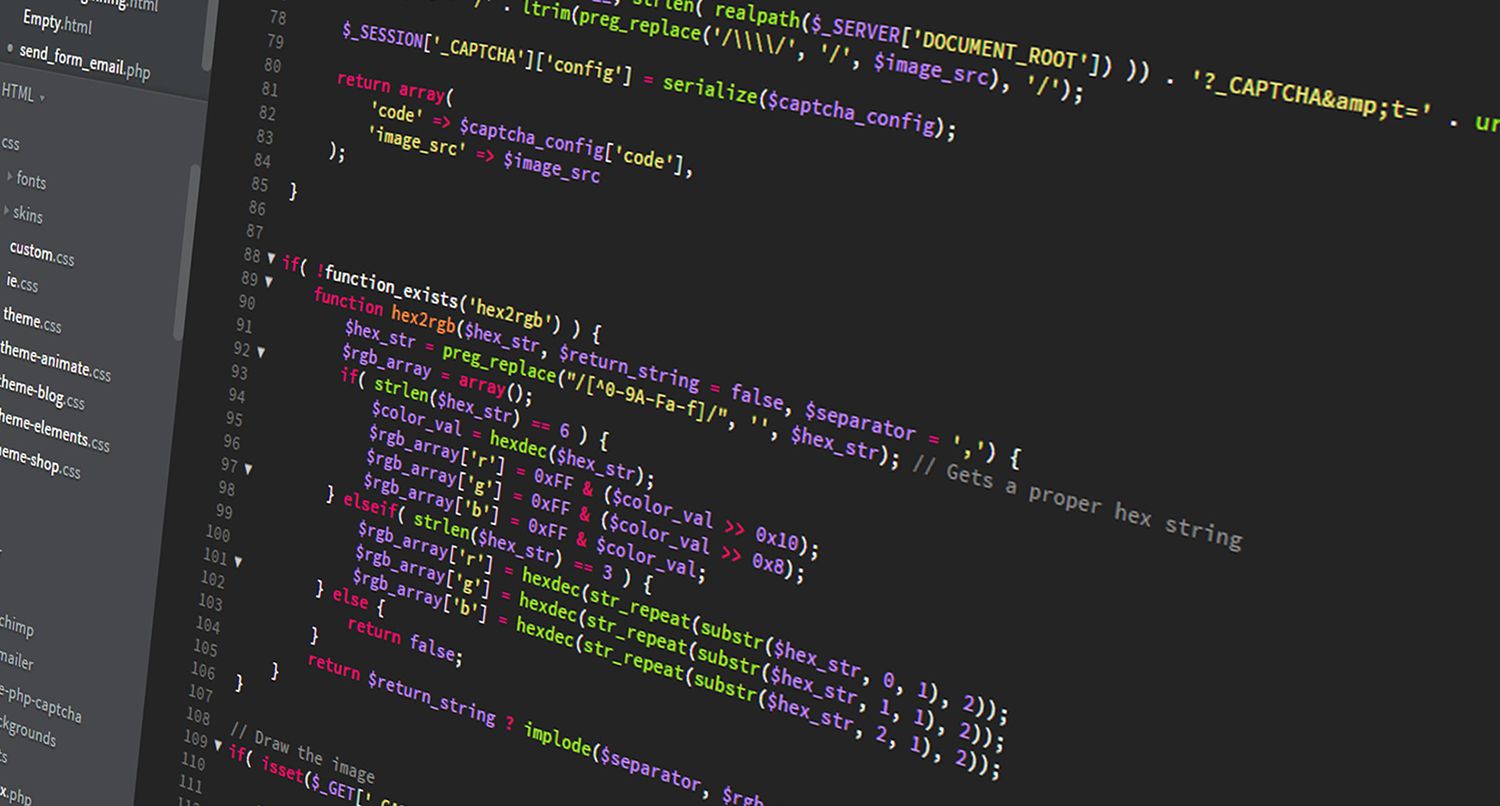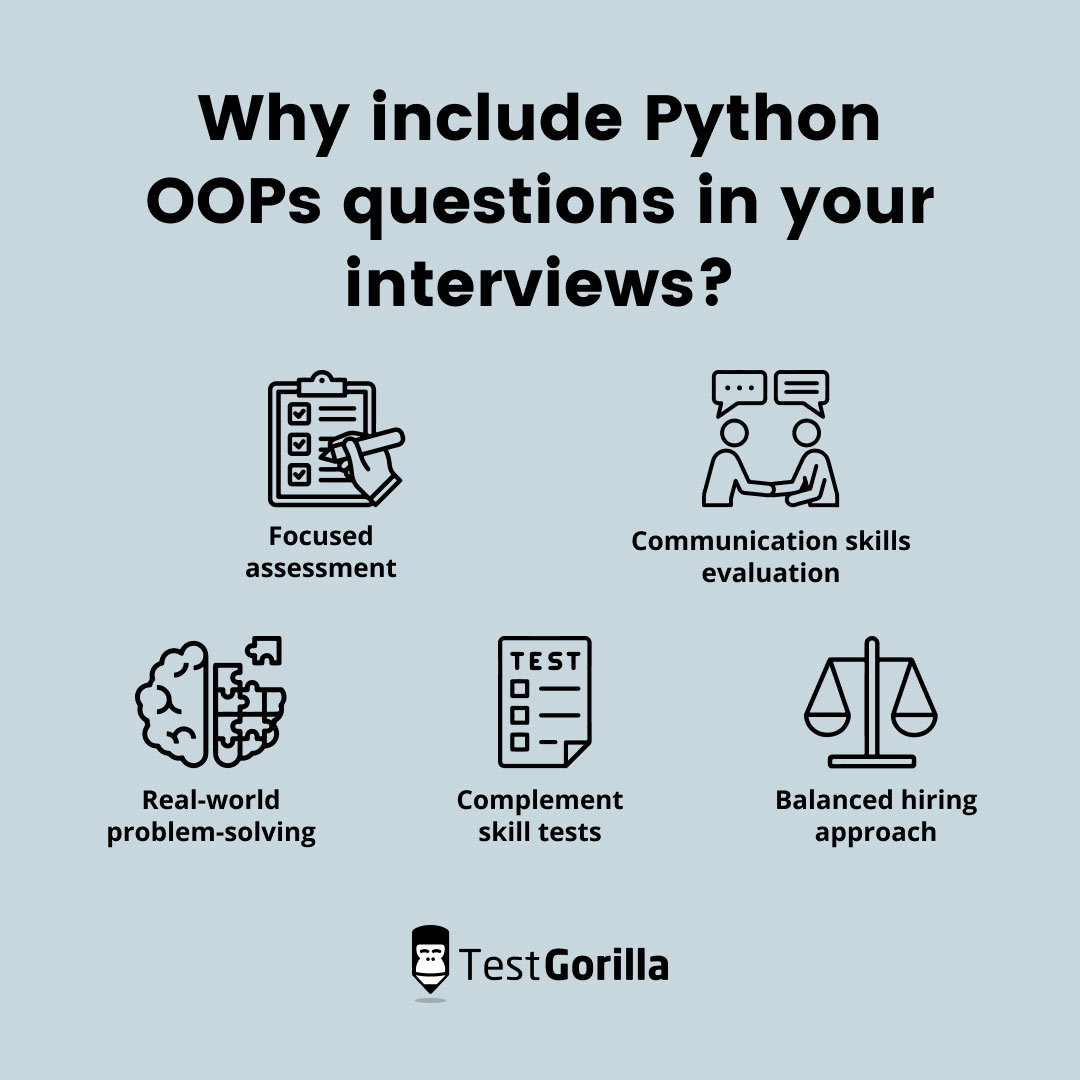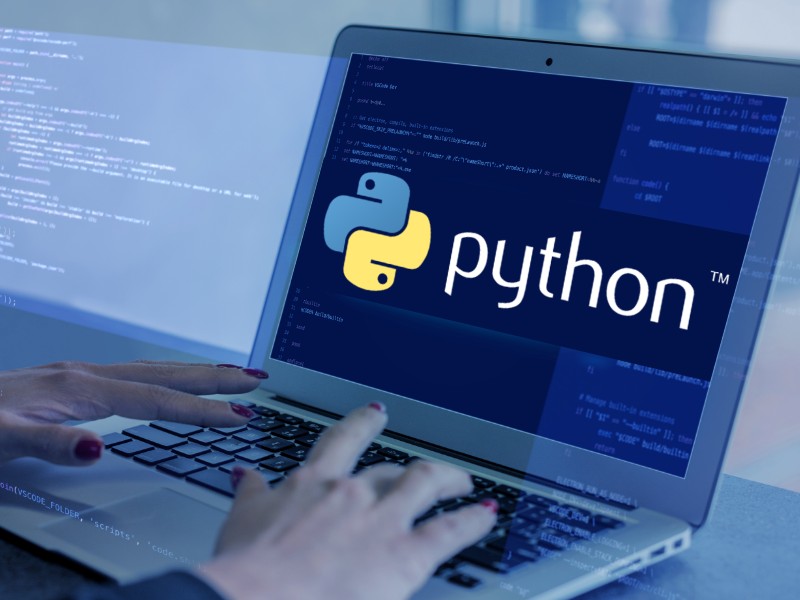
Python: The Language of Choice for Developers
Python is a high-level programming language that has gained immense popularity in recent years. Created by Guido van Rossum in 1991, Python is known for its simplicity, readability, and ease of use. Its syntax allows developers to express their concepts in fewer lines of code, making it an ideal choice for various applications.
 Python’s simplicity and readability make it a popular choice among developers.
Python’s simplicity and readability make it a popular choice among developers.
Python’s versatility and flexibility have led to its widespread adoption in various fields, including artificial intelligence, machine learning, web development, and more. As a result, Python developers are in high demand, and companies are willing to offer them attractive salaries and benefits.
30 Popular Python Interview Questions
Whether you’re a seasoned developer or a beginner, preparing for a Python interview can be a daunting task. To help you get started, we’ve compiled a list of 30 popular Python interview questions that you should know.
1. What is the difference between shallow copy and deep copy?
“Deepcopy makes a diverse question and populates it with the child objects of the unique question. In this manner, changes in the unique protest are not reflected in the copy. A shallow duplicate makes a diverse question and populates it with references to the child objects inside the unique protest. Subsequently, changes in the unique question are reflected in the copy.”
2. How is multithreading achieved in Python?
“Multithreading ordinarily suggests that different strings are executed concurrently. The Python Worldwide Interpreter Bolt doesn’t permit more than one string to hold the Python translator at that specific point in time. So, multithreading in Python is accomplished through setting exchanging.”
… (rest of the questions and answers)
30. What is a zip function?
“Python zip() work returns a zip question that maps a comparative list of numerous holders. It takes an iterable, converts it into an iterator, and totals the components based on the iterables passed. It returns an iterator of tuples.”
 Prepare for your Python interview with these 30 popular questions.
Prepare for your Python interview with these 30 popular questions.
By mastering these 30 popular Python interview questions, you’ll be well-prepared to tackle any Python interview that comes your way. Remember to practice, practice, practice, and you’ll be on your way to becoming a Python expert in no time.
 Python developers are in high demand, and companies are willing to offer them attractive salaries and benefits.
Python developers are in high demand, and companies are willing to offer them attractive salaries and benefits.















